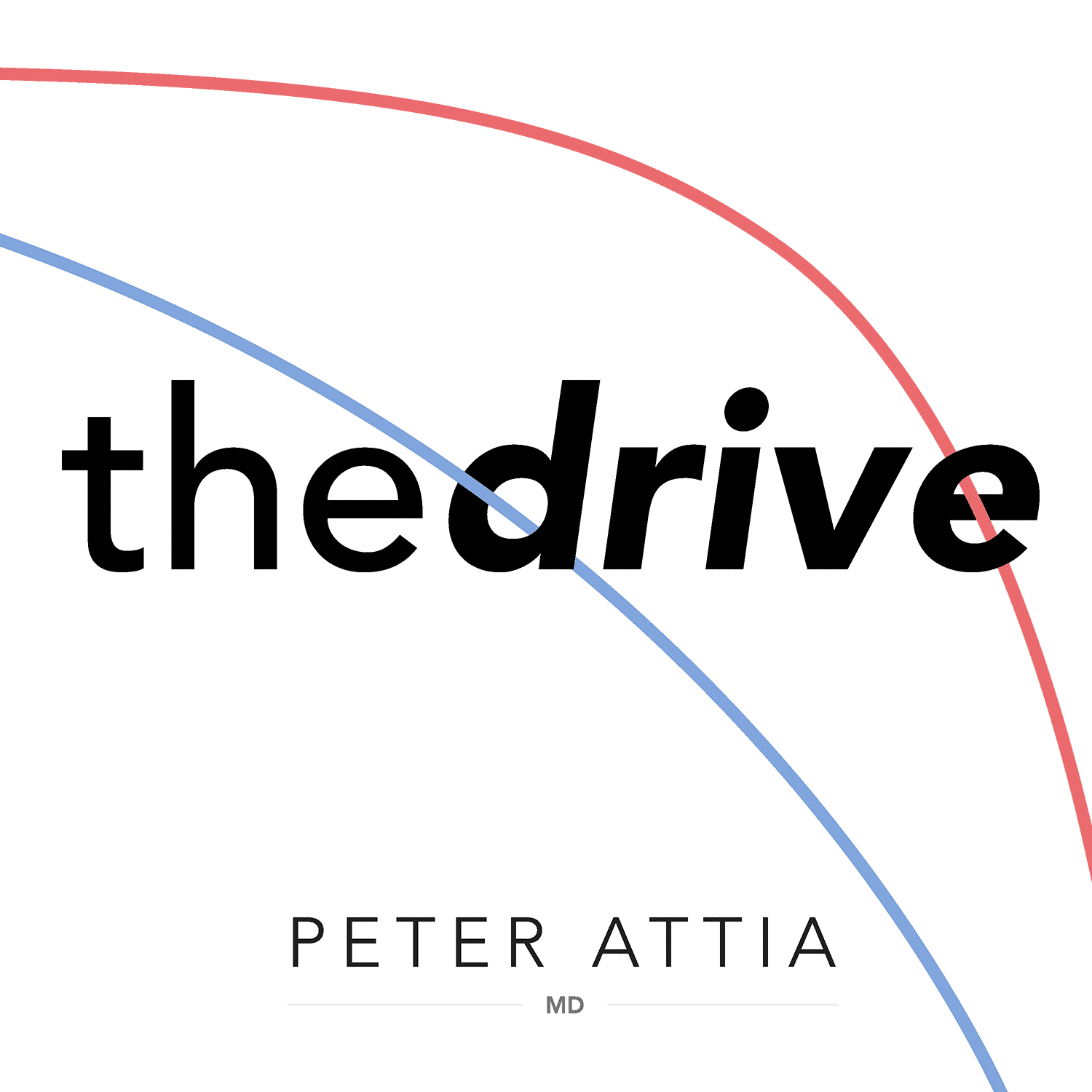We can't find the internet
Attempting to reconnect
Something went wrong!
Hang in there while we get back on track

Access AI content by logging in
View the Show Notes Page for This Episode
Become a Member to Receive Exclusive Content
Sign Up to Receive Peter’s Weekly Newsletter
Max Diehn is a Professor of Radiation Oncology at Stanford and a clinical radiation oncologist specializing in lung cancer. Max’s research focuses on developing novel methods for detecting circulating tumor DNA in the blood of cancer patients and on elucidating the molecular pathways and genes associated with cancer. His interests also include uncovering biomarkers that can predict patient survival, responses to therapy, and disease recurrence. In this packed episode, Max discusses the history of blood-based cancer screening and the importance of understanding the predictive value of tests—sensitivity, specificity, negative predictive value, positive predictive value – and how these metrics play into cancer screening. Max then goes in depth on the topic of liquid biopsies, including the history, current landscape, and possible future of liquid biopsies as a cancer detection tool. He discusses how these non-invasive blood tests can detect DNA/RNA from tumor cells released into the blood as well as the different methods one can use to predict if a cancer is present. He gets granular on the topic of cell-free DNA/RNA signature, methylation patterns, and the importance of knowing mutation information, and he ends with a discussion on the exciting future of liquid biopsies and how we can possibly get to the panacea of cancer screening.
We discuss:
- Max’s training that planted the seeds for development of liquid biopsies [4:30];
- Max’s decision to specialize in radiation oncology [11:45];
- A culture at Stanford that values research and physician scientists [17:00];
- The motivation to develop liquid biopsies [19:15];
- History of blood-based cancer screening and understanding the predictive value of tests [25:30];
- Current state of lung cancer and the need for better screening [32:45];
- Low-dose CT scans: an important tool for managing lung cancer but with limitations [42:00];
- Using liquid biopsies to identify circulating tumor cells [47:00];
- Liquid biopsy research moves from circulating tumor cells to cell-free DNA [1:03:00];
- Zeroing-in on circulating tumor DNA in cell-free DNA [1:10:48];
- Cell-free RNA and Max’s vision for cancer detection from a blood sample [1:22:00];
- Methylation patterns and other informative signatures found in DNA [1:24:30];
- Mutation-based methods of liquid biopsies [1:26:30];
- Understanding the sensitivity and specificity of a diagnostic test [1:30:30];
- Existing clinical liquid biopsy tests and their limitations [1:37:30];
- The future of liquid biopsies [1:44:00];
- How we get to the panacea of cancer screening [1:52:00];
- More.
Connect With Peter on Twitter, Instagram, Facebook and YouTube